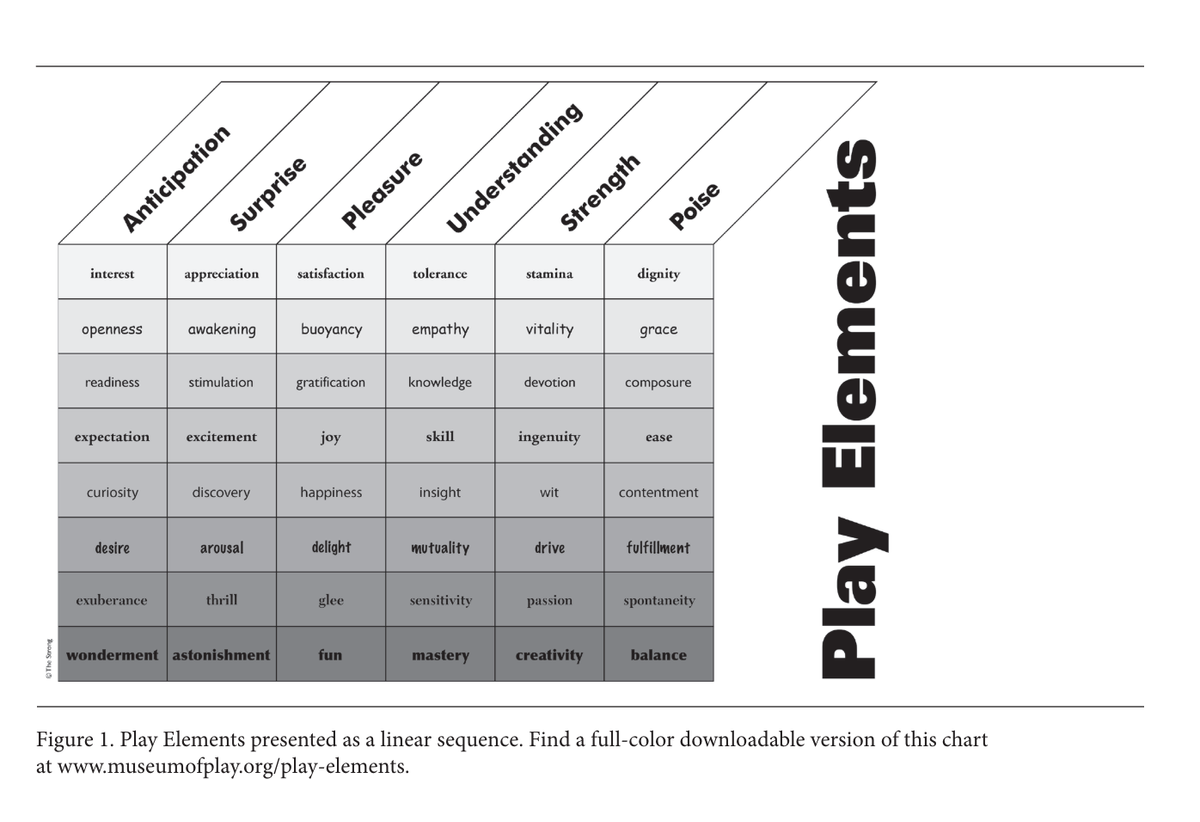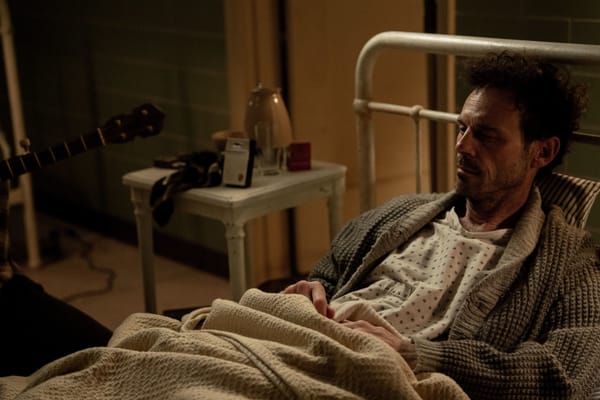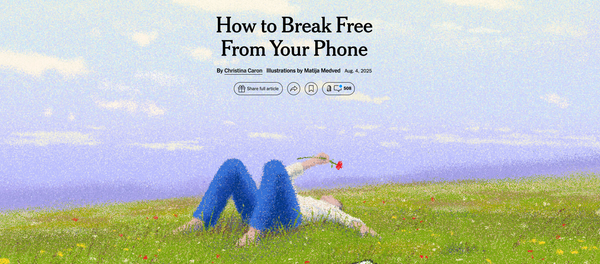PLAY-Book: Warning, stage theory ahead!

If you've studied education / formation, psychology, practical theology, or an untold number of other fields, there's a good chance you've encountered some stage theories.
In my little corner of the church and academy, perhaps the most in/famous is James Fowler's Stages of Faith, which builds on Erik Erikson's psychological life stages. I'm not going down that road in this post, but I'll link to some writing I did about all this for John Roberto's Seasons of Adult Faith Formation project (back in 2015, so be please be kind).
I mention Fowler, Erikson, etc. because I want to try to head off or at least acknowledge a common (and important!) pattern of conversation that often follows practically any mention of these stage theories. So let's stipulate a few things right of the bat:
- There is no "universal" developmental process by which people move through any kind of journey or process: psychological, spiritual, or otherwise.
- Importantly, in trying to identify even just broad patterns in common forms of development, researchers' biases often come to the fore, especially when dominant groups tend to experience a process significantly differently from marginalized groups (which we should expect to often be the case because of how social power works).
- Moreover, developmental processes are seldom if ever linear, meaning that it's misleading to imply that developmental stages are some tidy sequence that we move through in an uncomplicatedly progressive way.
- Nevertheless, it can be helpful to have some broadly schematic picture of what development can or even often looks like: for some people, for some of the time, in broad strokes that iron out rich and important wrinkles.
With these caveats, I want to build on yesterday's post and briefly share the roughly stage-based picture that Brown shares, citing a piece by Scott Eberle on the "elements of play." That picture is, of course, the image for this post.
Note that Eberle has made the common move here of calling them elements rather than stages, and he has given his own caveat of the points I made above: "For the sake of clarity, the chart renders the elements of play as a linear process. But, of course, play is not linear" (p. 222).
With that two-long preamble out of the way, here are some key excerpts from Brown's summary of Eberle's account of how play often unfolds:
- Anticipation ... wondering what will happen ... perhaps because there is a slight uncertainty or risk involved ... ;
- Surprise ... a new sensation or idea ... ;
- Pleasure ... like the unexpected twist in the punchline of a good joke ... ;
- Understanding ... an incorporation of ideas that were previously foreign ... ;
- Strength, the mastery that comes from constructive experience ... ;
- Poise ... a sense of balance in life. (p. 18)
In the event that Eberle has tapped into something you resonate with about what it means to play, I don't want to ruin the possible joy of running the tape back of that experience. These stages are certainly helpful for understanding and reliving some key experiences of play in my life.
In particular, surfing has been for me one of the great examples of the power of play. I can think of a few days in the water during which something like these stages unfolded—OK, maybe not quite as much poise as I would have hoped, but honestly more than I ever expected.
To try to bring some of the strands of A (Christian) Formation Playbook together, I think tomorrow I'm going to share, as a little interlude, a piece I wrote in 2019 about my spirituality of surfing. I hope you're stoked for it.
In the meantime, I'd love to hear if these stages resonate with you, and what new insights they might bring as you think back on the majesty and ecstasy of your preferred forms of play.



